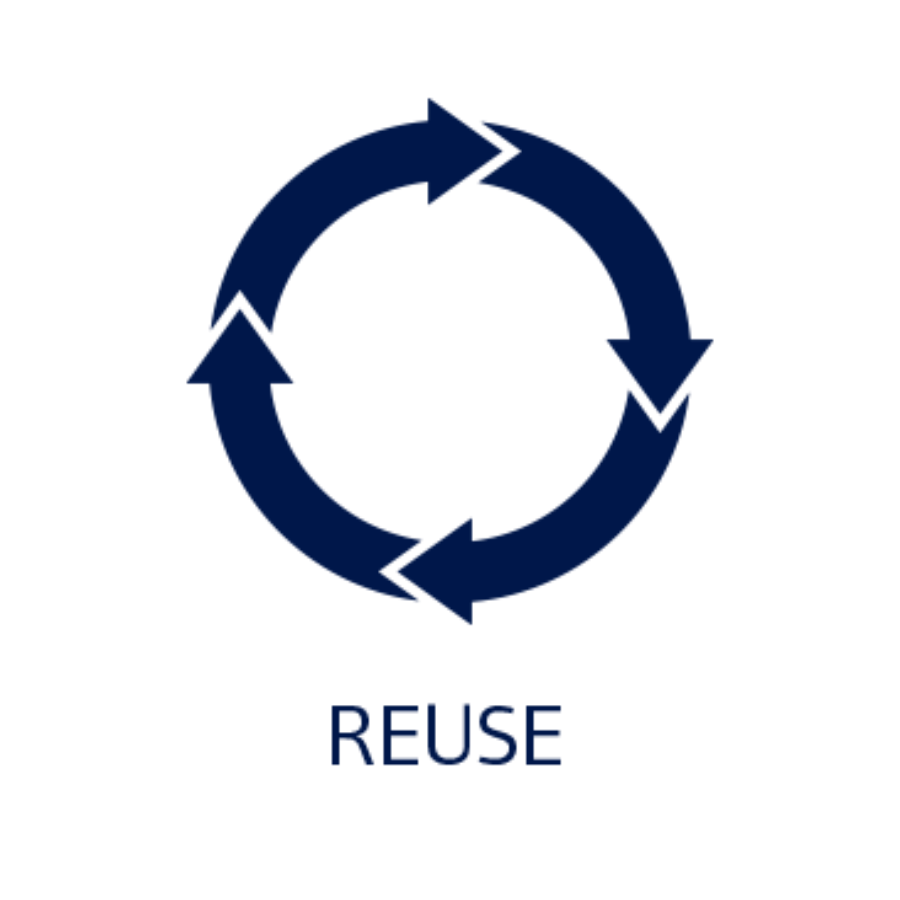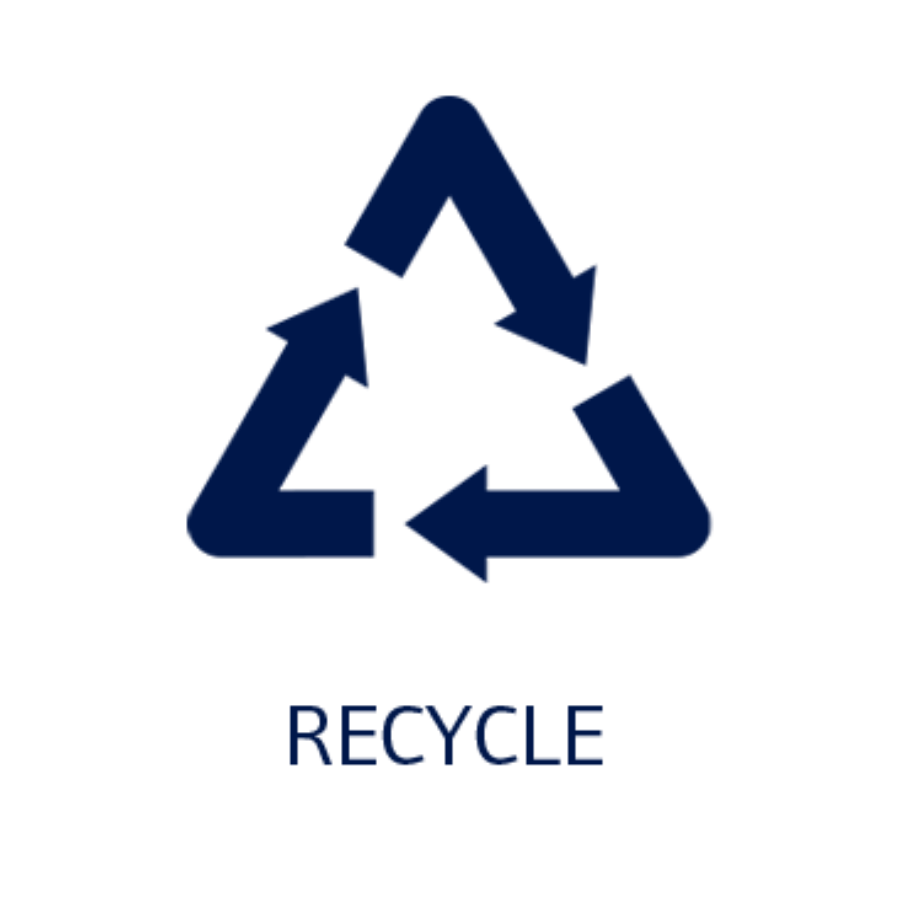Three steps to creating a green hospital
In 2019, the European Union unveiled its European Green Deal in which it undertook to reduce greenhouse gas emissions by at least 55 percent by 2030 and make Europe climate-neutral by 2050. These targets affect the healthcare sector, which uses up a lot of resources. The healthcare technology and IT systems used in hospitals, doctors’ practices, and other medical facilities have a major role to play because they are currently among the biggest emitters of carbon dioxide.
“First and foremost, healthcare technology is of course designed to help patients and save people’s lives,” emphasizes Peter Krause, Head of Healthcare Sector Sales at CHG-MERIDIAN. “Given the challenges of mitigating climate change and protecting the environment, manufacturers and users now need to pay greater attention to the longevity of healthcare technology and its ecological footprint. The first step is product manufacturing, which generates the most greenhouse gases and involves the consumption of raw materials. But the use of healthcare technology products and their remarketing are also important aspects.” The circular economy model, in which the same amount of resources are removed from an economic cycle as are added back, provides a comprehensive solution to this problem. It is better for the environment and reduces greenhouse gases.
The 3R principle provides a checklist for more climate-friendly healthcare technology: reduce, reuse, recycle. We will now look at this in more detail.
Reduce: usage-oriented procurement
For financial reasons alone, hospitals always need to align their procurement of healthcare technology as closely as possible with their actual needs. Nevertheless, every healthcare provider has systems and equipment that are used only rarely or do not operate at full capacity. Therefore, the first step toward the carbon-neutral deployment of healthcare technology is to calculate actual requirements by taking stock and analyzing usage. Hospitals and doctors’ practices need to answer the following questions: What systems do you need in order to provide your patients with the best possible medical care? Are there any items of healthcare technology that you could share with other departments or practices? Which items could you do without? This is an important aspect because each system that is not purchased does not have to be manufactured and therefore does not generate any greenhouse gases. “You also need to make sure that the equipment you procure is environmentally friendly,” advises Krause. The longevity of the products, and the extent to which they maintain their value, are key factors in this context. If equipment is able to be upgraded, for example, it is relatively easy to extend its useful life.
When looking for climate-friendly healthcare equipment and systems, it is also necessary to look at the materials used, the manufacturing processes, and the disposal options. For a while now, some manufacturers have been working to reduce the environmental impact of their products. Research is also taking place to find new, more environmentally friendly materials. For example, the Fraunhofer Institute for Manufacturing Engineering and Automation (IPA) in Stuttgart has succeeded in replacing plastic with chitin as the raw material used in 3D printing without the need for chemical bonding agents or high temperatures. According to the scientists, this material is particularly interesting for healthcare technology, where hygiene is of paramount importance, because chitin and its derivatives are known for their antimicrobial effects.
Reuse: a second life for your healthcare technology
The idea of the circular economy is based on the interaction of independent participants who enable used resources to be reused, thus extending their longevity. These cycles of sharing, repairing, reusing, and remarketing place the focus on accessing a product, rather than owning it. The radical idea here is that products are reusable and durable. Decommissioned equipment can be professionally refurbished and sustainably remarketed. This remarketing extends the useful life of systems and avoids electronic waste, saving valuable resources and reducing the amount of greenhouse gases and pollution from potentially toxic waste.
Flexible and cost-efficient usage models help to achieve this. Access rather than ownership is the principle behind sustainable business, whether through leasing or rental, sharing platforms, products as a service, extended useful lives, circular supply chains, or remarketing. If there is heightened short- to medium-term demand for a particular type of equipment (e.g. ventilators during the coronavirus crisis), this can be met in an unbureaucratic manner with a flexible funding arrangement. The extra equipment can be handed back once it is no longer needed, even if the agreed lease term still has some time to run. Non-captive financial service providers such as CHG-MERIDIAN can help to produce a customized and flexible business concept. Usage models also put less strain on budgets. The systems’ resale value is factored directly into the lease installments or rental payments from the start of the use phase.
“At the end of the use phase, the equipment is refurbished from a technical perspective and undergoes a certified data erasure process. In 2020, only 4 percent of IT lease returns were no longer fit to be refurbished and remarketed by CHG-MERIDIAN.”
Recycle: returning valuable raw materials to the production process
Even with refurbishment and remarketing, there comes a time when a piece of equipment can no longer be used. The same goes for the printers that are used in many hospitals. As they handle highly sensitive data that sometimes cannot be erased, they can only be remarketed to a limited extent.
The recycling of healthcare technology and IT assets that are no longer reusable is nothing new. But it was often uneconomical and inefficient. Manufacturers are now increasingly designing their products to be recycled, enabling valuable raw materials to be returned to the production process.
Operating healthcare technology and IT infrastructure in hospitals and doctors’ practices sustainably is not complicated and it is cost-efficient. Non-captive service providers like CHG-MERIDIAN are actively helping healthcare providers to reduce greenhouse gases and make their contribution to a climate-neutral Europe.
CONTACT ME NOW!
Feel free to contact me for further information about healthcare.
Frank Schöneberg
Vice President Public Sector & Healthcare Sales
- CHG-MERIDIAN AG
- Hans-Böckler-Str. 33
- 40476 Düsseldorf
- +49 211 55727-60
- +49 170 9813149
- frank.schoeneberg@chg-meridian.com




